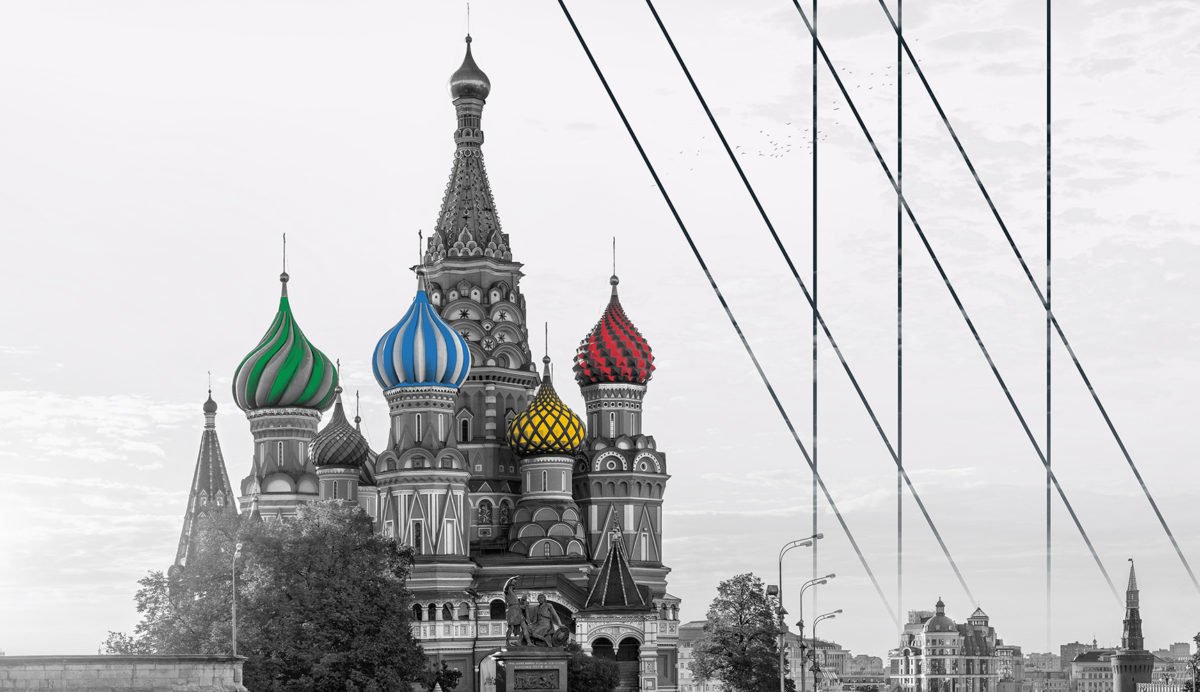(IPR Blog) On 18 March, Vladimir Putin secured a fourth term in office as President of the Russian Federation. Officially he received 76.66% of the vote, with more than 56 million Russians voting for him – a fact that Russia’s state media celebrated as the most votes ever cast for a candidate in any election in Russia. The outcome of the election was never in doubt and Putin barely bothered to campaign. As in previous elections, he ran as an independent though he was backed by United Russia – the pro-Kremlin party created in 2001 to support Putin (though he is not a member). Putin has now been in power longer than Soviet leader Leonid Brezhnev and will surpass Stalin’s tenure by the end of his term of office in 2024.
Seven other candidates participated in the election, with the Communist Party’s Pavel Grudinin taking second place with a distant 11.8%. Notable for his absence on the ballot was Russia opposition leader Aleksei Navalny. After leading a series of anti-corruption protests in 2017, Navalny was barred from competing in the presidential election owing to a prior conviction for embezzlement – a charge that most observers consider to be politically motivated. Navalny instead called for a boycott of the election, while liberal opposition candidates Ksenia Sobchak and Grigory Yavlinsky each received less than 2% of the vote. While the election was a resounding defeat for all candidates not named Putin, it effectively resolved the question of leadership of the liberal opposition. As if to underscore the fact, Sobchak paid an unplanned visit to Navalny immediately following the election and asked him to join her new party. Navalny rejected the offer with barely concealed rage on a live YouTube broadcast. […]
Read More © IPR Blog, University of Bath










